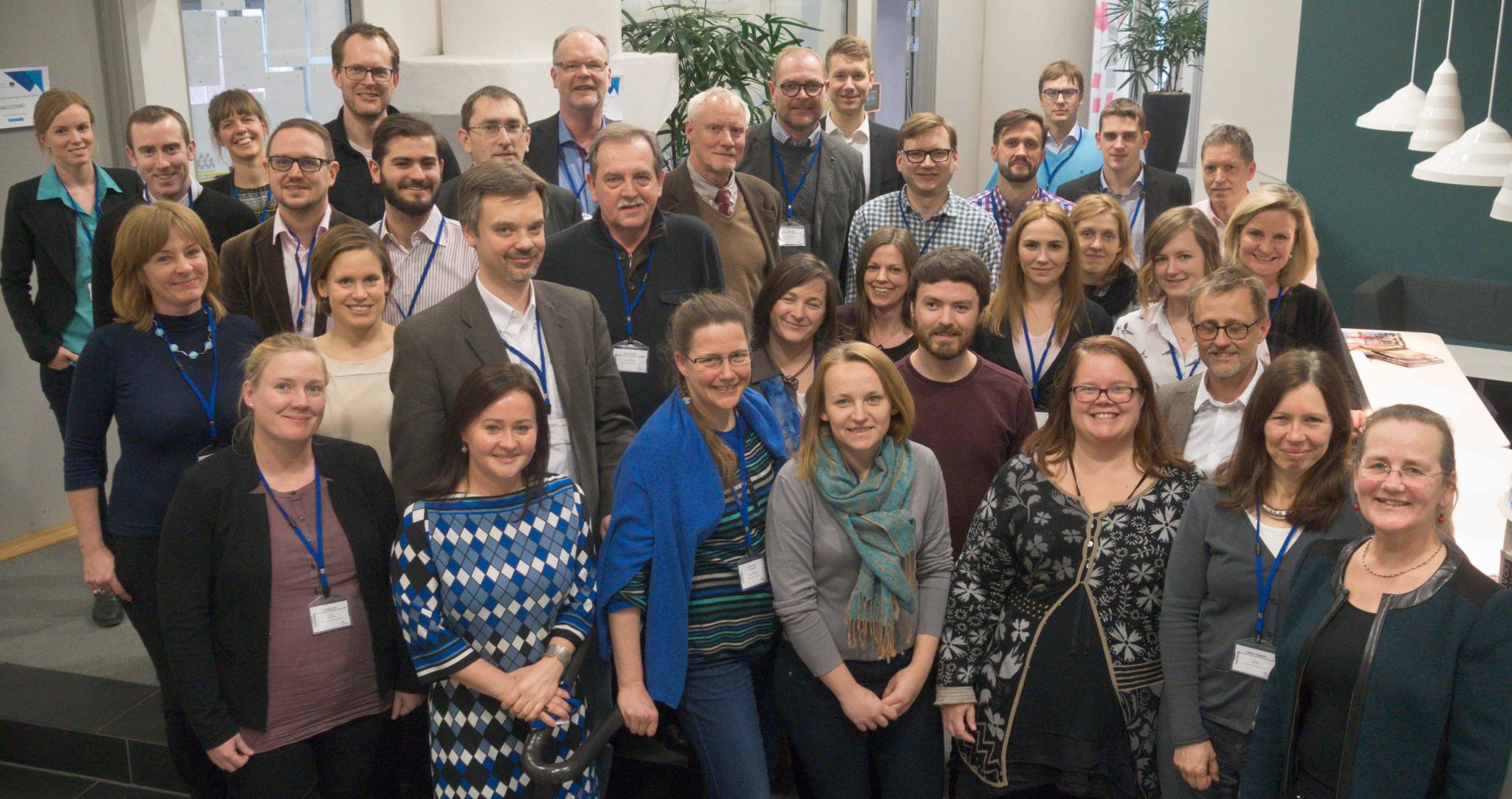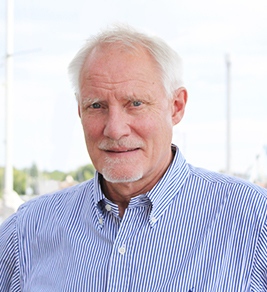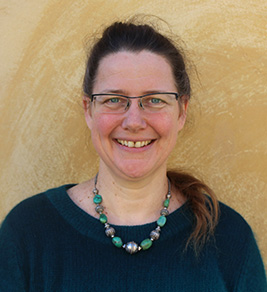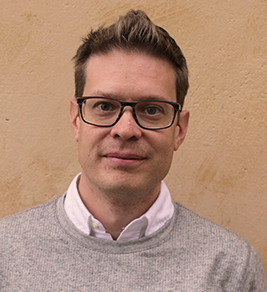Pressure on maritime space is increasing and while addressing environmental issues remains high on the agenda, blue growth is gaining political salience as an essential area for promoting economic growth and competitiveness.
The project has come to an end and more information including the publications can be found here.
Economic activities in the Baltic Sea Region are rapidly increasing. The emergence of new activities, such as the development of offshore wind farms, has enhanced competition for sea space and added additional pressure to the sustainable utilization of sea areas. As both national and sectorial interests increasingly overlap, there is need to adopt a more holistic approach in the development of processes and practices for the sustainable management of maritime spaces.
In response to these developments, the EU launched the 2014 Directive on Maritime Spatial Planning (MSP), directing all EU Member States to establish and implement national Maritime Spatial Plans. Projects such as Baltic SCOPE, financed by DG Mare, contribute to this process by supporting national planning authorities in the development of common processes designed to seek solutions to transboundary issues in the Baltic Sea Region. The Baltic Scope project is coordinated by the Swedish Agency for Marine and Water Management (SWAM) and focuses on two case studies (see map) in which partners from Sweden, Denmark, Germany, Poland, Latvia and Estonia discuss and develop potential solutions to cross-border MSP issues in an attempt to increase the alignment of national maritime spatial plans.
As one of the main partners in the project consortium, Nordregio´s central role is to examine stakeholder interaction in the two case studies (through participant observation and the implementation of a Delphi survey) in order to distil lessons learned and highlight good practices in cross-border MSP policymaking processes. This is done by adapting and applying the concept of territorial governance as developed and tested in the ESPON TANGO project. Nordregio is also responsible for contributing socio-economic data, knowledge on land-based planning and input into the monitoring and evaluation framework. Some of the main lessons learned so far include:
- Trust-building among partners;
- Learning about the differences in national planning systems/practices in the partner countries;
- Transnational learning and knowledge sharing on sectoral interests and objectives in each country; Identification of ongoing and potential national/sectoral synergies and conflicts at different levels of governance;
- Identified transboundary geographical areas (sub-cases) that are interesting from an MSP perspective and require further collaboration between partners to find common solutions to cross-border Identified issues that need a pan-Baltic perspective within four key sectors (environment, fisheries, shipping, energy).

Related Staff
Related Publications
Related News
- Baltic SCOPE partners meet in Copenhagen
- January 25-26: Final Baltic SCOPE meetings
- Pioneering work for sustainable use and development of the Baltic Sea – The Baltic SCOPE project presents its results
- Is territorial governance needed in smart specialisation and maritime planning?
- Nordregio contributes to the development of macro-regional strategies
- Nov 8-9: Strategy Forum of the EUSBSR








